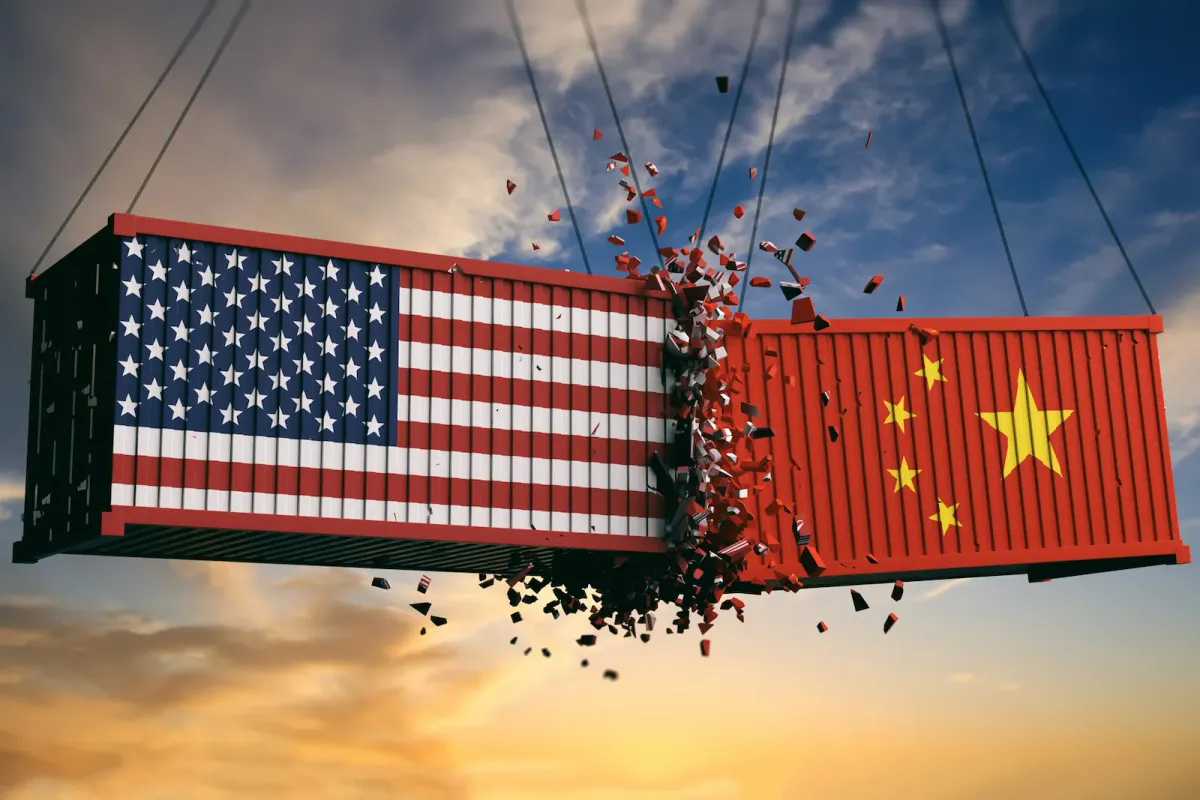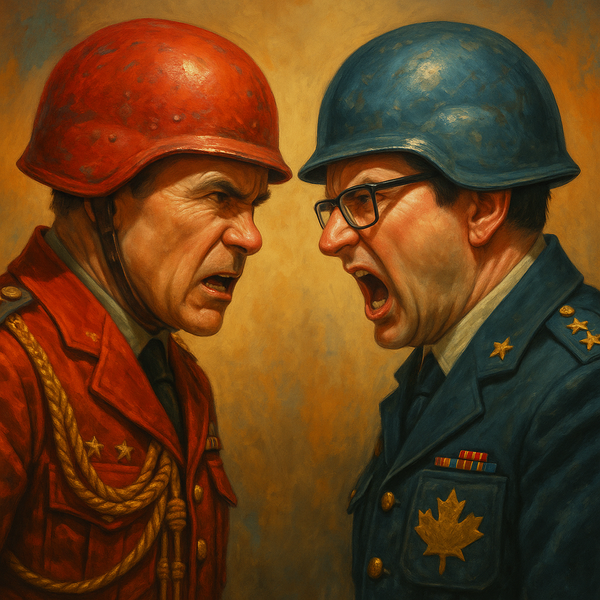China Just Hit the U.S. With 84% Tariffs. Here’s What That Means for Canada

The global trade war just escalated—and yes, it’s going to hit your wallet.
In a direct response to Donald Trump’s new 104% tariffs on Chinese goods, China has jacked up tariffs on American imports to 84%, effective immediately. The retaliation includes restrictions on critical exports and a blacklist targeting U.S. defense-related firms.
It’s a massive escalation—and while the headlines scream U.S. vs. China, Canadians are about to feel it too.
Wait… This Isn’t About Us, Right? Wrong.
Canada may not be directly involved in this round of tariff warfare, but when two of the world’s largest economies go at it, we catch the economic shrapnel. Here’s how:
1. Higher Prices for Canadian Imports and Goods
Canadian companies import billions in raw materials and components from both the U.S. and China. When either country imposes new tariffs:
• Supply chains slow down
• Costs go up
• That cost gets passed down to us
You might start seeing higher prices on:
• Electronics
• Appliances
• Auto parts
• Groceries with imported ingredients (like packaged foods or produce in winter)
If you thought inflation was already brutal, this makes it worse.
Reuters – Futures tumble as China hits back

2. Oil Prices and Energy Costs Just Got Unstable
Global markets don’t like uncertainty—and energy is often the first to freak out.
Following China’s tariff hike, oil prices dropped nearly 4%, and if this spirals further, it could either:
• Lower gas prices temporarily
• Or, if supply chains freeze up, make them spike again
Either way, market volatility screws with your monthly budget, and companies use uncertainty as an excuse to raise costs “just in case.”
Reuters – Oil slides after tariff clash
3. A Slower Economy = Fewer Jobs and Raises
If this trade war keeps building, global economic growth could slow down. That means:
• Canadian exports might shrink
• Companies freeze hiring or lay off workers
• Wage growth gets iced out
For Gen Z, that means fewer job opportunities, especially in trade-sensitive sectors like logistics, manufacturing, and tech. And if you’re in school or freshly graduated? Yeah—it gets harder to break in.
4. Tech and Electronics Will Be the First to Suffer
Canada’s tech sector depends heavily on both U.S. and Chinese imports—hardware, chips, rare earth minerals, and finished products.
If this fight continues:
• Phones, laptops, and smart devices could rise in price
• Innovation might slow as companies hold off on launches
• You’ll feel the hit whether you’re buying gear or trying to build a career in tech
WSJ – China hits U.S. with export controls
5. Canada May Get Pressured to Pick a Side
Canada trades with both China and the U.S. If things escalate, we’ll face pressure to impose tariffs, cut ties, or align with one side. That risks:
• Losing access to crucial goods
• Hurting Canadian exporters
• Further entangling us in a war that’s not ours
Historically, Canada tries to play mediator—but if the U.S. starts demanding loyalty, expect diplomatic drama and economic fallout.
AP – Canada may face U.S. pressure
The Bottom Line
The global economy is like a spider web: pull hard on one thread, and the whole thing shakes. This U.S.-China tariff war? It’s a full yank.
Canadians won’t be nuked with tariffs, but we’ll feel it in slower job growth, pricier tech, unstable markets, and more expensive everyday goods. All things we could do without right now.





